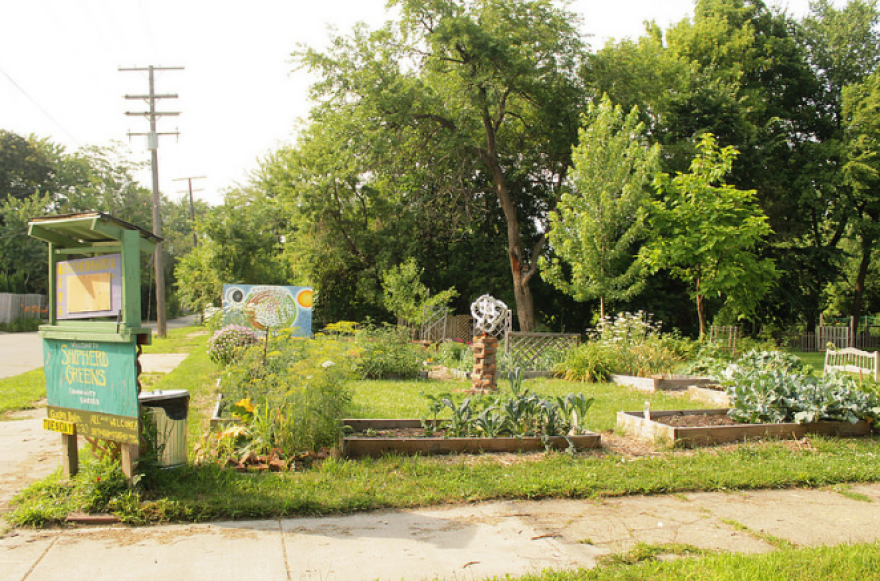Private development has changed the face of Detroit. New restaurants, shops and houses have popped up in Midtown, Corktown and downtown Detroit. But what about public spaces?
Our latest contributor to The Next Idea is Anya Sirota, an assistant professor of architecture at the University of Michigan. She’s also the principal of Akoaki, a practice in Detroit involving architecture, art and cultural infrastructure.
Sirota believes there aren’t enough public spaces in Detroit that offer openness and the opportunity to build a sense of belonging. She thinks public space is crucial to the health of a city.
“That’s what a well-designed public space in a city means to me – it’s that kind of potential for social mixity, for coming together, for experiencing something unexpected and for being able to use that space in a way that might not have been anticipated by the designers,” Sirota said.
Sirota says it’s important for designers to create spaces that are open, along with spaces that are designed for specific activities.
“We as designers understand space is important in cities, and we design spaces with a certain amount of activity in mind,” Sirota said. “It’s also important to design open-ended space, where people can appropriate it, use it and express themselves in a way that’s appropriate to their cultural, to their community.”
Sirota highlights the importance of urban farms in Detroit’s public spaces. Urban farms, she believes, are changing the ways we think about and act in public space. But, she says, despite all the innovations, there are still infrastructure challenges, and investment is still required to make them sustainable.
Join the conversation in the comments section below, on Twitter or Facebook, or let us know your Next Idea here.
GUEST Anya Sirota is an assistant professor of architecture at the University of Michigan.






